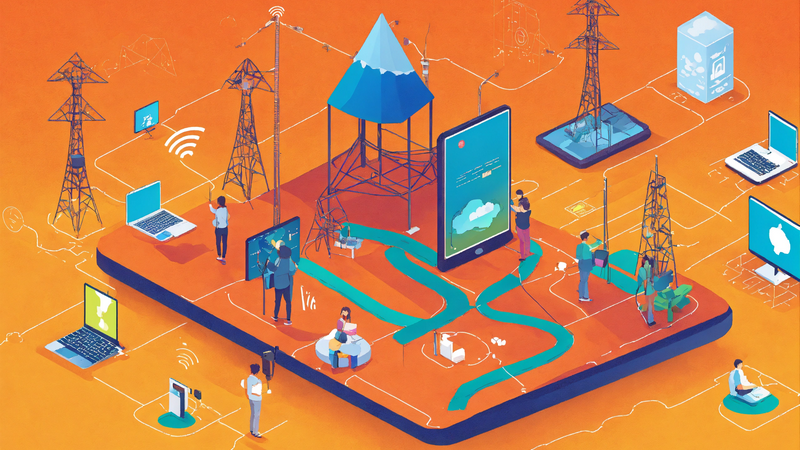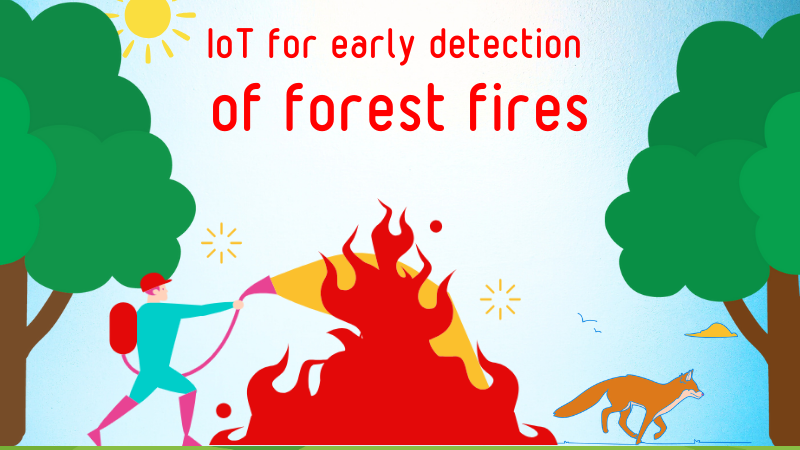Introduction to IoT and its Implementation in Tbilisi
The Internet of Things (IoT) is revolutionizing the way we interact with our physical world. It is a concept that envisions a future where everyday objects, devices, and machines are interconnected through the internet, enabling them to collect and exchange data, make intelligent decisions, and enhance our lives in unprecedented ways. IoT has the potential to transform cities into smart, efficient, and sustainable environments, and Tbilisi, the vibrant capital of Georgia, is no exception.
Tbilisi, nestled amidst the stunning landscapes of the South Caucasus, is a city that has been embracing technological advancements to enhance the quality of life for its residents and visitors. The implementation of IoT in Tbilisi holds immense promise for improving various aspects of urban living, such as transportation, public services, healthcare, and environmental sustainability.
One of the most significant applications of IoT in Tbilisi is in the realm of transportation. Traffic congestion is a common issue in many urban areas, including Tbilisi, leading to wasted time and increased pollution levels. By deploying IoT-enabled sensors and smart traffic management systems, the city can optimize traffic flow, reduce congestion, and enhance road safety. This not only benefits the environment but also makes daily commuting more efficient for residents and tourists alike.
IoT can also play a pivotal role in improving public services in Tbilisi. Smart city solutions can be implemented to monitor waste management, energy consumption, and public infrastructure maintenance. With the help of real-time data collection and analysis, city officials can make data-driven decisions to allocate resources more effectively, ensuring a cleaner, greener, and safer urban environment.
In the healthcare sector, IoT offers opportunities to enhance patient care and management. Remote monitoring devices can help healthcare professionals keep track of patients’ vital signs, providing timely interventions when necessary. This technology can improve healthcare accessibility and quality, especially in remote or underserved areas of Tbilisi.
Environmental sustainability is a pressing concern for any modern city, and Tbilisi is no exception. IoT can aid in monitoring air quality, water quality, and energy consumption. By collecting and analyzing environmental data, the city can take proactive measures to reduce pollution and conserve natural resources, ultimately leading to a more sustainable and healthier living environment.
In conclusion, the Internet of Things is poised to transform Tbilisi into a smart and interconnected city. By harnessing the power of IoT, Tbilisi can optimize its transportation systems, improve public services, enhance healthcare, and promote environmental sustainability. As Tbilisi continues to embrace IoT technologies, it moves closer to its goal of becoming a model smart city in the South Caucasus region, offering its residents and visitors a more efficient, sustainable, and enjoyable urban experience.


